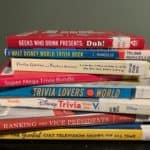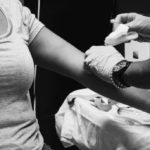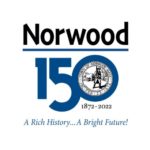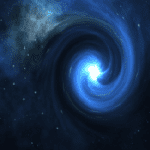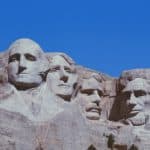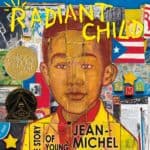
6
AugHealthcare Heroes
 Who could have predicted that the dawning of 2020 would bring us into a pandemic that had not been seen since 1918? Perhaps some predicted the danger of such an event coming sooner than later, but certainly most in the medical profession quickly became soldiers fighting an invisible enemy of which they knew little. Even worse, they were in danger themselves. They became healthcare heroes overnight.
Who could have predicted that the dawning of 2020 would bring us into a pandemic that had not been seen since 1918? Perhaps some predicted the danger of such an event coming sooner than later, but certainly most in the medical profession quickly became soldiers fighting an invisible enemy of which they knew little. Even worse, they were in danger themselves. They became healthcare heroes overnight.
Actually, I have always regarded anyone in the healthcare field as a hero. My father was the first for me. He married late in life, and I was born after he had lived a full life as a small-town doctor and war time medic. His specialty was radiology, and he was a pioneer in interpreting x-rays and consequently diagnosing illnesses.
He retired during my childhood, but became health officer in our town overseeing the schools’ health programs and other community duties. My father loved medicine. I couldn’t have pictured him doing anything else. During this pandemic of 2020, I have thought of my father often and how, if he were alive, he would be on the front lines fearlessly caring for patients wherever he was needed.
By definition, a hero is a person who is admired or idealized for courage, outstanding achievements, or noble qualities. There are some interesting books written by and about healthcare professionals documenting their journeys and experiences in medicine. Their memoirs do, indeed, reflect these heroic qualities.
In Second Suns: Two Doctors and Their Amazing Quest to Restore Sight and Save Lives by David Oliver Relin, two doctors, one from the United States and one from Nepal, are considered “miracle workers.” They devoted their careers to perfecting a cataract surgery that could be used with little cost to prevent blindness in developing countries. Their mission started in Nepal and eventually expanded to many other countries. In telling the story for the doctors, Relin captured the spirit of the mission and the flavor of the different cultures during his 4 years of researching and traveling to interview the doctors.
Dr. Ben Carson became well known in the political arena when he ran for president of the United States in 2016. Previously, he was famous in the medical field as a groundbreaking pediatric neurosurgeon who worked medical miracles. In Dr. Carson’s autobiography, Gifted Hands, he tells the story of his journey from a childhood of poverty and personal struggle to becoming the director of pediatric neurosurgery at John Hopkins Hospital. In a humble and unassuming way, he recounts case histories which demonstrate his creative and innovative medical success. It is clear to the reader that it is important to him that his life work has not only saved lives, but that his story be an inspiration and motivation to young people today.
Dr. Frank Ryding recounts in his book, Memoirs of a Red Cross Doctor the missions he took to many war-torn countries as an international Red Cross doctor serving the victims of war. He traveled and served in Cambodia, Afghanistan, Chechnya, Somalia, Pakistan and Sudan over the course of 30 plus years. As a young doctor, he took on his first mission as an escape from the drudgery of working as a Junior doctor in the UK. His travels eventually became a natural and welcome part of his medical career. We not only learn about his personal journeys, but we also read about the terrifying lives of the victims from war torn countries.
So many more doctors and nurses whom we do not read about have served the sick and dying all over the world for many years. They would most likely agree with a script that Dr. Ryding found above a doorway in Somalia which a nurse translated, “It is better to light a candle than to curse the darkness.”
Norma Logan is the Literacy Volunteer Coordinator at the Morrill Memorial Library in Norwood, MA. Look for her article in the August 6, 2020 issue of the Transcript and Bulletin.


